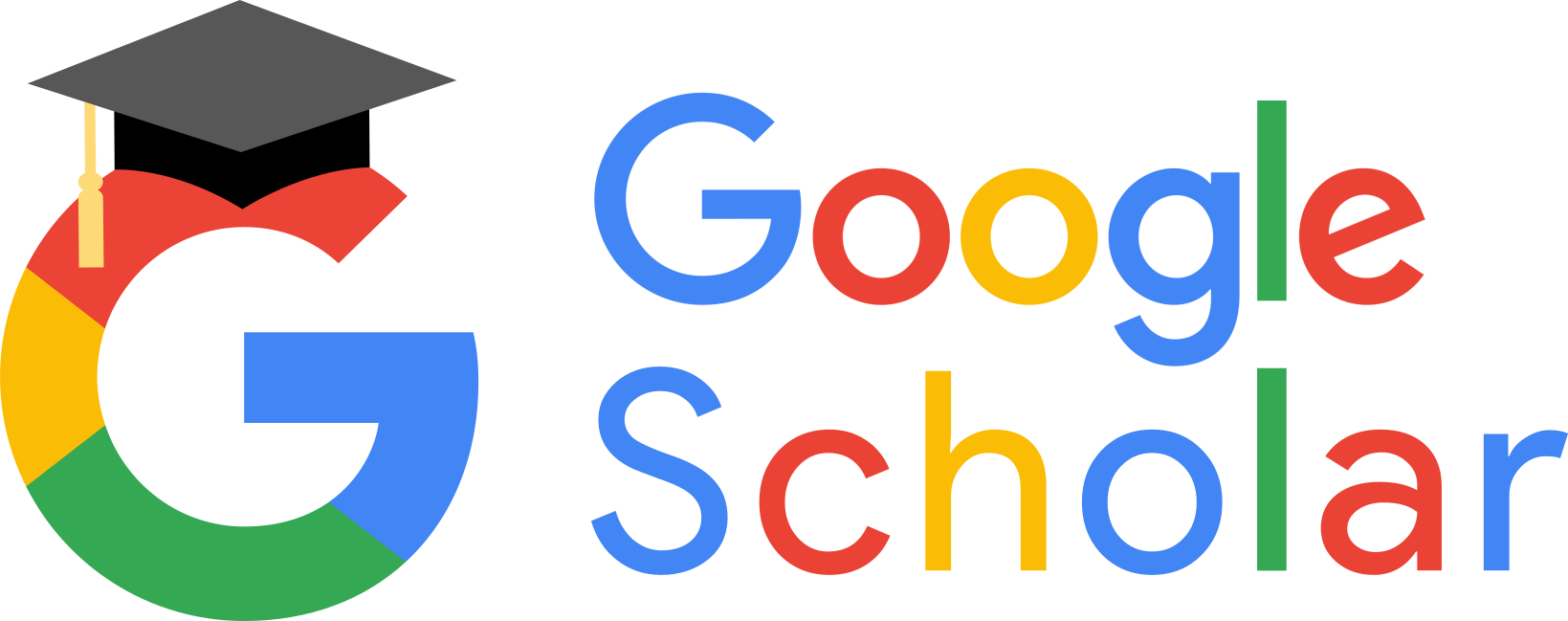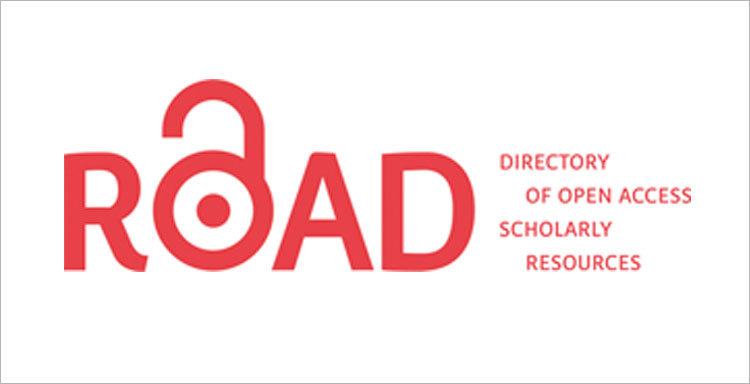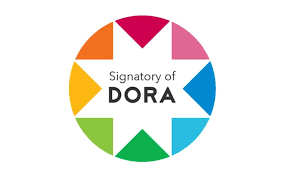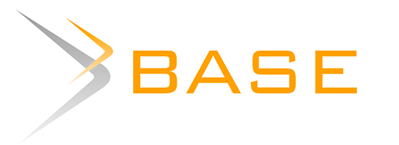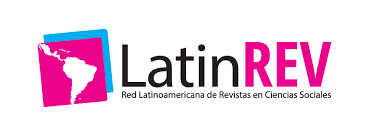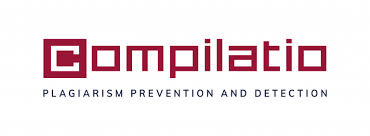Artificial Intelligence from a conception of Active Methodologies of Teaching-Learning in Higher Education.
DOI:
https://doi.org/10.56124/sapientiae.v7i14.0010Keywords:
Artificial Intelligence, Higher Education, Active Learning, GlobalizationAbstract
Societies are undergoing a set of changes in all political, social and economic spheres that demand new strategic actions to achieve evolution and sustainable development. Therefore, higher education is a field greatly influenced by these global dynamics, which guide the transformation of the substantive functions of Higher Education Institutions. The objective of the research is "To configure a theoretical structure of the elements of artificial intelligence from an active, collaborative and interactive conception of teaching and learning in Higher Education". The study is of a documentary type with a descriptive approach. An approach was made to the input theories that make up the indispensable elements of the artificial intelligence variables and the active teaching-learning methodologies. The data collection technique was documentary analysis, the instrument was the content map under the Bagozzi Model and the information was processed through content analysis. The results showed that technological advances and globalization demand that Higher Education must adapt to these changes and reorient its teaching function to improve educational quality. Likewise, a series of theoretical concepts were generated where their relationships exposed the potentialities that Artificial Intelligence has in the Active Methodologies of teaching and learning, since personnel and students are able to learn from them.
Downloads
References
Altamirano, D. A. L.-, Altamirano, D. A. L.-, Sánchez, E. P. O.-, Castro, D. T. T.-, Maroto, M. de J. P.-, Aguaguiña, N. L. S.-, Barrera, M. G. B.-, & Morales, M. de J. G.-. (2022). Metodologías activas de enseñanza: Una mirada futurista al desarrollo pedagógico docente. Polo del Conocimiento, 7(2), Article 2. https://doi.org/10.23857/pc.v7i2.3654
Aparicio, W. (2023). La Inteligencia Artificial y su Incidencia en la Educación: Transformando el Aprendizaje para el Siglo XXI. Revista Internacional de Pedagogía e Innovación Educativa, 3(2), Article 2. https://doi.org/10.51660/ripie.v3i2.133
Ayuso, D., & Gutiérrez, P. (2022). La Inteligencia Artificial como recurso educativo durante la formación inicial del profesorado. RIED-Revista Iberoamericana de Educación a Distancia, 25(2), Article 2. https://doi.org/10.5944/ried.25.2.32332
Cordero, Y. P., Jáuregui, S. Z., & Mesa, R. G. (2022). Tendencias y desafíos políticos y socio culturales de la educación superior contemporánea en Latinoamérica. Revista Boletín Redipe, 11(1), Article 1. https://doi.org/10.36260/rbr.v11i1.1628
Fajardo, G. M., Ayala, D. C., Arroba, E. M., & Quincha, M. L. (2023). Inteligencia Artificial y la Educación Universitaria: Una revisión sistemática. Magazine de las Ciencias: Revista de Investigación e Innovación, 8(1), 109-131. https://doi.org/10.33262/rmc.v8i1.2935
Flores Tena, M., Ortega Navas, M. C., & Sánchez Fuster, M. C. (2021). Las nuevas tecnologías como estrategias innovadoras de enseñanza-aprendizaje en la era digital. Revista Electrónica Interuniversitaria de Formación del Profesorado, 24(1), Article 1. https://doi.org/10.6018/reifop.406051
González-Zamar, M. D., & Abad-Segura, E. (2020). El aula invertida: Un desafío para la enseñanza universitaria. Virtualidad, Educación y Ciencia, 11(20), Article 20. https://doi.org/10.60020/1853-6530.v11.n20.27449
Granados Romero, J. F., Vargas Pérez, C. V., Vargas Pérez, R. A., Granados Romero, J. F., Vargas Pérez, C. V., & Vargas Pérez, R. A. (2020). La formación de profesionales competentes e innovadores mediante el uso de metodologías activas. Revista Universidad y Sociedad, 12(1), 343-349.
Magno, R. G. (2014). La comunicación interna de la responsabilidad social ambiental desde el método de Bagozzi y Phillips. Omnia, 20(2), 44-70.
Manresa, S. T., & García, M. G. (2020). Flipped Classroom: Estrategias de aprendizaje y rendimiento en ciencias. Edutec: Revista electrónica de tecnología educativa, 72, 112-124. https://doi.org/10.21556/EDUTEC.2020.72.1525
Mejía Gallegos, C., Michalón Dueñas, D., Michalón Acosta, R., López Fernández, R., Palmero Urquiza, D., & Sánchez Gálvez, S. (2017). Espacios de aprendizaje híbridos. Hacia una educación del futuro en la Universidad de Guayaquil. MediSur, 15(3), 350-355.
Montero, M., & Hochman, E. (2005). Investigación Documental Técnicas y Procedimientos. PANAPO. 9802308870
Molina, J. M. M., García, J. L., & Hernández, L. M. H. (2018). El modelo educativo como fundamento del accionar universitario. Experiencia de la Universidad Técnica de Manabí, Ecuador. Revista Cubana de Educación Superior, 37(2 may-ago), Article 2 may-ago. https://revistas.uh.cu/rces/article/view/3105
Moreno Padilla, R. D. (2019). La llegada de la inteligencia artificial a la educación. Revista de Investigación en Tecnologías de la Información: RITI, 7(14), 260-270.
Norman-Acevedo, E. (2023). La inteligencia artificial en la educación: Una herramienta valiosa para los tutores virtuales universitarios y profesores universitarios. Panorama, 17(32), Article 32. https://doi.org/10.15765/pnrm.v17i32.3681
Peñalvo, F. J. G., Llorens-Largo, F., & Vidal, J. (2024). La nueva realidad de la educación ante los avances de la inteligencia artificial generativa. RIED-Revista Iberoamericana de Educación a Distancia, 27(1), Article 1. https://doi.org/10.5944/ried.27.1.37716
Pérez, I. C. P., Velasco Soria, & Washington, C. (2019). Diseño y pertinencia del modelo educativo de la Universidad Técnica Estatal de Quevedo, Ecuador. Universidad y Sociedad, 11(2), Article 2.
Reyes-Cabrera, W. (2022). Gamificación y aprendizaje colaborativo en línea: Un análisis de estrategias en una universidad mexicana. ALTERIDAD. Revista de Educación, 17(1), 24-35. https://doi.org/10.17163/alt.v17n1.2022.02
Rodríguez Torres, Á. F., Orozco, K. E., García, J. A., Rodríguez, S. D., & Barros, H. A. (2023). La Implementación de la Inteligencia Artificial en la Educación: Análisis Sistemático. Dominio de las Ciencias, 9(3), Article 3. https://doi.org/10.23857/dc.v9i3.3548
Saavedra, M. J., Saavedra, C. C., Medina, C., Sedamano, M. A., & Saavedra, D. I. (2022). Aulas híbridas: La nueva normalidad de la educación superior a partir del Covid-19. Apuntes Universitarios, 12(2), Article 2. https://doi.org/10.17162/au.v12i2.1044
Travieso, D., & Ortíz, T. (2018). Aprendizaje basado en problemas y enseñanza por proyectos: Alternativas diferentes para enseñar. Revista Cubana de Educación Superior, 37(1 ene-abr), Article 1 ene-abr. https://revistas.uh.cu/rces/article/view/3148
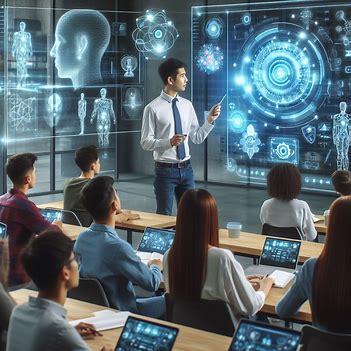
Published
Versions
- 2024-08-12 (2)
- 2024-07-20 (1)
How to Cite
Issue
Section
License
Copyright (c) 2024 Revista Científica Multidisciplinaria SAPIENTIAE. ISSN: 2600-6030.

This work is licensed under a Creative Commons Attribution-NonCommercial-ShareAlike 4.0 International License.

2.jpg)

